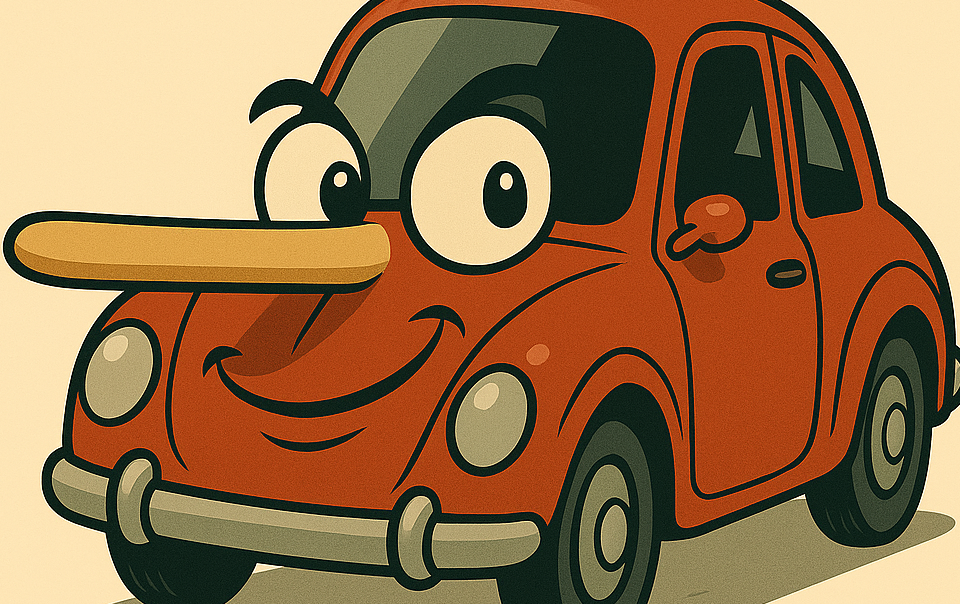Are assembly line shutdowns & NPEs*** (‘patent trolls’) looming ?
On the planned amendment of the (German) patent law provision (§139 PatG) on injunctive relief
Current situation
- Government proposed changes to §139 of the Patent law of October 20, 2020
- Conditional right to injunctive relief which is not limited to (strict) exceptions
- Explicit consideration of third-party interests
- No standard for review (good faith)
- No consideration of the interest of the patent owner
- Monetary compensation claim only if appropriate by the judges
Proposed solution
- Revert to the previous government proposal of January 14, 2020
- Based on Federal Supreme Court “Heat Exchanger” decision
- Proportionality test only in exceptional cases
- Standard of review (good faith)
- Consideration of the interests of the patent owner
- No reference to third-party interests
- PLUS: Monetary compensation claim
Arguments for the discussion
IP and complex products
Cars have always been complex products. What is new is that ICT (information and communication technology) products have been integrated into cars to increase their value and will be continue to be integrated. These ICT products can be protected by so-called SEPs (standard-essential patents), which can be licensed under fair and reasonable conditions (so-called FRAND**) terms and conditions, so that there are neither assembly line shutdowns, nor excessive royalty payments. To date, there was not a single shutdownsin Germany resulting from an IP dispute.
Third-party interests
The new proportionality test should include third-party interests. According to the explanatory memorandum, fundamental rights are to be protected, for example if the supply of vital medicines would be threatened. These exceptional and emergency situations are already covered in the Patent Act by the compulsory license and the government use orders, which can be enforced (quickly) through temporary measures. The inclusion of the interests of third parties in the supply chain would void the right of injunctive relief and undermine innovation.
Industrial sectors and innovation
German industry is (much) more than automotive and telecommunications. This is shown by the following EP patent application figures in 2020 for the 10 technical fields with the highest number of applications (percentage change compared to previous year).

Automobile manufacturers are system integrators who assemble components supplied by other manufacturers into complex systems. By contrast, the chemical industry, medical technology or mechanical engineering, for example, develop and manufacture innovative products at high R&D expenses. In order to amortise the R&D costs and finance future innovations, a strong injunctive relief is indispensable for these industries.
IP and SMEs
SMEs are innovative and file many patents - SMEs filed one in five European patent applications in 2020! SMEs are often "one-product companies", so a strong injunctive relief is essential to reduce initial debt and in order to secure further growth finance.

A broad proportionality test beyond narrowly defined exceptional cases would significantly delay infringement proceedings and render them more expensive. This could pose significant problems for SMEs.










* Figures from EPO Annual Report 2020.
** FRAND means "fair, reasonable and non-discriminatory." For standard-related patents, there is an antitrust and European law licensing objection
*** NPEs stands for "Non-Practising Entities."



